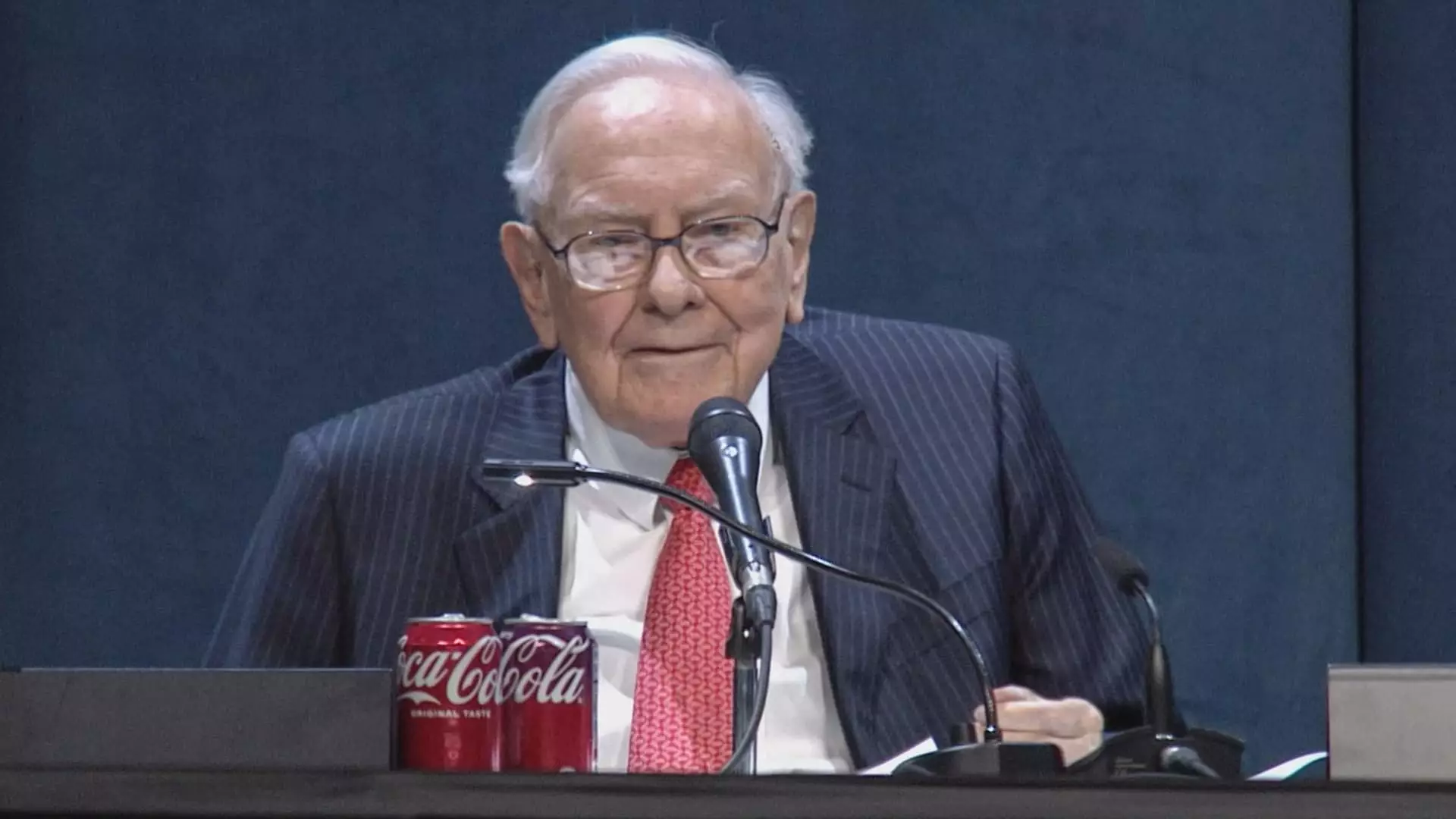Berkshire Hathaway’s recent financial disclosures reveal a troubling narrative beneath its veneer of stability. While the conglomerate boasts a massive cash reserve nearing half a trillion dollars, its operating earnings have taken a notable hit, signaling vulnerability rather than robustness. A 4% decline in second-quarter profits, driven by a downturn in insurance underwriting, exposes the fragility of Buffett’s empire in a turbulent economic landscape shaped by unpredictable trade wars and reckless tariff policies. Despite higher profits in railroads, energy, and manufacturing, the overall picture underscores the dangers of overreliance on certain sectors that remain exposed to policy shocks. This disconnect between cash reserves and declining operational performance raises fundamental questions about Berkshire’s resilience in facing ongoing global economic headwinds.
A Troubling Sign: The Impact of Tariffs and Trade Tensions
The firm’s warnings about the adverse impacts of U.S. tariffs are a sharp reminder of the mounting risks economic policymakers impose on large corporations and, by extension, the broader economy. Berkshire’s acknowledgment of “considerable uncertainty” and potential negative consequences reveals how misguided trade policies threaten not only individual businesses but also the fabric of economic stability. It’s increasingly evident that impulsive tariffs—aimed at political gains—are inflicting real harm, jeopardizing jobs, squeezing profits, and undermining long-term growth. Buffett’s cautious stance is a rare acknowledgment of reality from a company that often touts its long-term vision; however, the truth remains that such protectionist measures distort markets and exacerbate economic volatility, ultimately hurting consumers and investors alike.
The Paradox of Prudence: Cash Hoard Versus Market Activity
Despite the financial turbulence, Berkshire’s decision to hoard cash at near-record levels suggests either immense caution or paralysis. With $344.1 billion in reserves, the conglomerate appears poised to weather the storm—yet its reluctance to reinvest or repurchase shares speaks volumes about a lack of confidence in the near-term outlook. The ongoing net sale of stocks for eleven quarters in a row signals a strategic retreat from the markets that could be interpreted as fear rather than wisdom. Meanwhile, the sizeable loss from Kraft Heinz’s underperformance and the ongoing debate over its potential spinoff underscore how caregiving management amidst economic chaos may be more about ticking boxes than making decisive moves that could rebuild value. Berkshire’s cautious stance might be defensible, but it also risks long-term stagnation in a vigorously evolving marketplace.
The Future of Berkshire: Transition or Turmoil?
Leadership changes, with Greg Abel poised to assume the CEO role, hint at a transitional phase for Berkshire Hathaway. Buffett’s enduring chairmanship remains a pillar of stability, but the company’s trajectory depends heavily on how well it navigates the treacherous waters of global trade politics and financial uncertainty. In many ways, Berkshire’s measured conservatism reflects a conflicting reality: a desire to maintain stability amid chaos, yet a reluctance to act decisively in times demanding bold innovation and strategic agility. History suggests that resilience in uncertain times often hinges on adaptability, not excessive caution. Buffett’s legacy will ultimately be judged by whether his successor can steer Berkshire through what could be a protracted period of economic instability, or whether the conglomerate’s fortress of cash will simply serve as a safety net that fosters complacency instead of growth.

